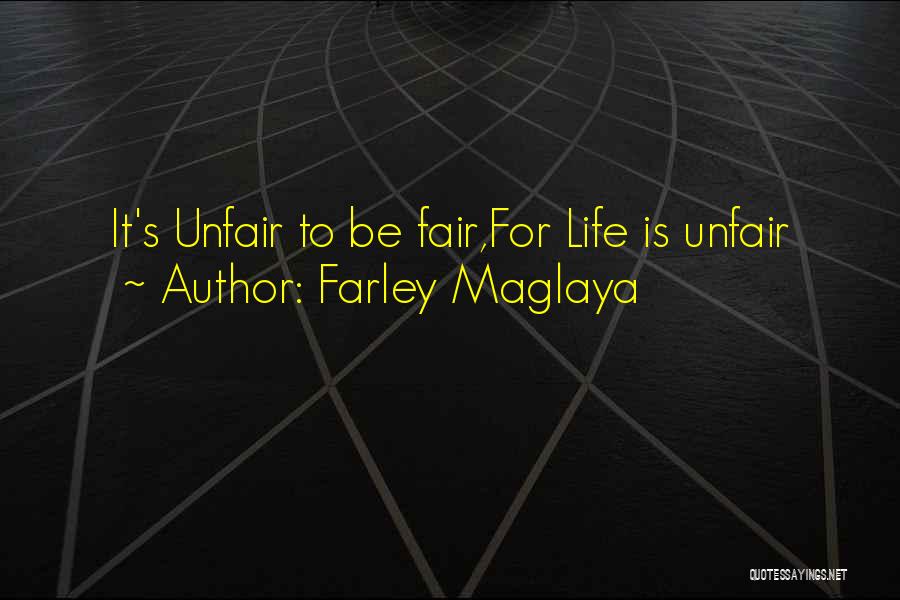Quotes & Sayings About Psychology Ethics
Enjoy reading and share 27 famous quotes about Psychology Ethics with everyone.
Top Psychology Ethics Quotes
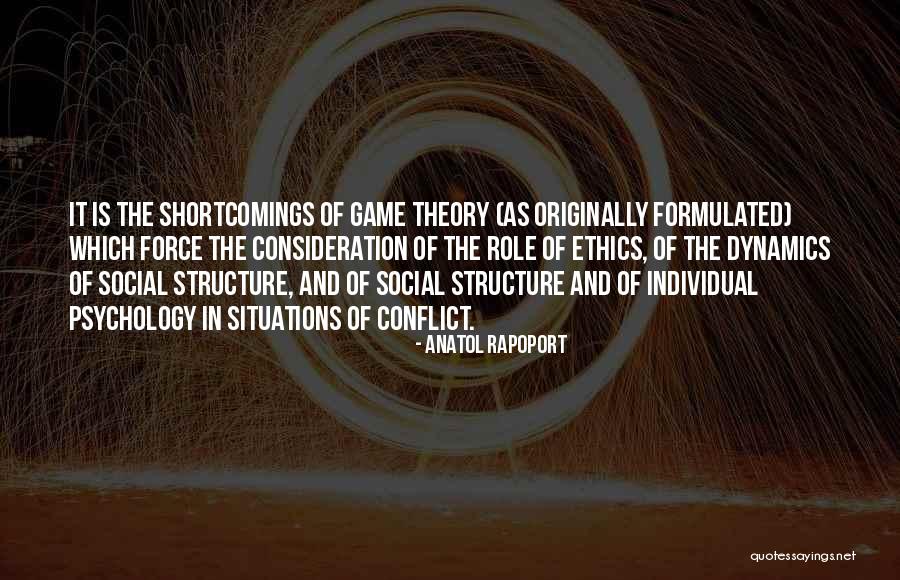
It is the shortcomings of game theory (as originally formulated) which force the consideration of the role of ethics, of the dynamics of social structure, and of social structure and of individual psychology in situations of conflict. — Anatol Rapoport
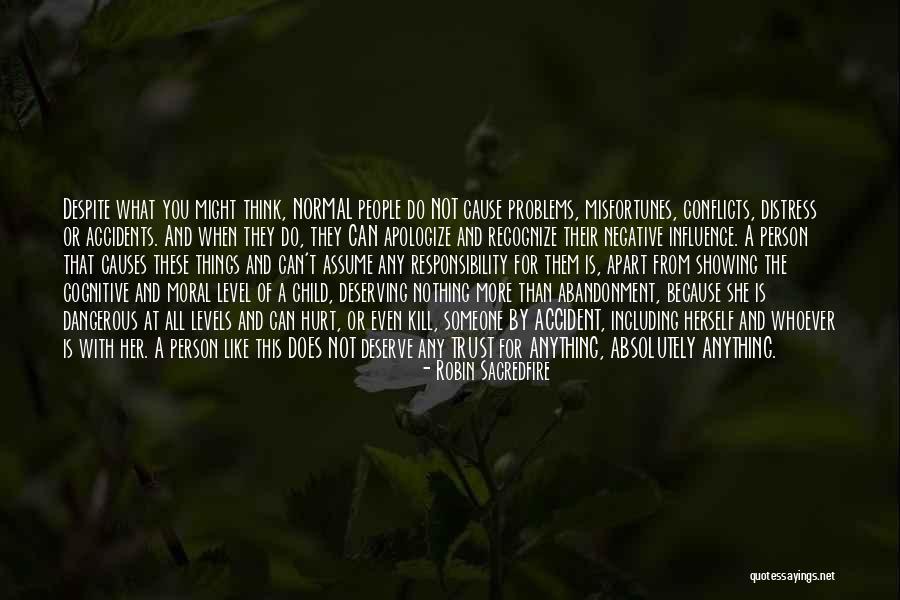
Despite what you might think, NORMAL people do NOT cause problems, misfortunes, conflicts, distress or accidents. And when they do, they CAN apologize and recognize their negative influence. A person that causes these things and can't assume any responsibility for them is, apart from showing the cognitive and moral level of a child, deserving nothing more than abandonment, because she is dangerous at all levels and can hurt, or even kill, someone BY ACCIDENT, including herself and whoever is with her. A person like this DOES NOT deserve any TRUST for ANYTHING, ABSOLUTELY ANYTHING. — Robin Sacredfire
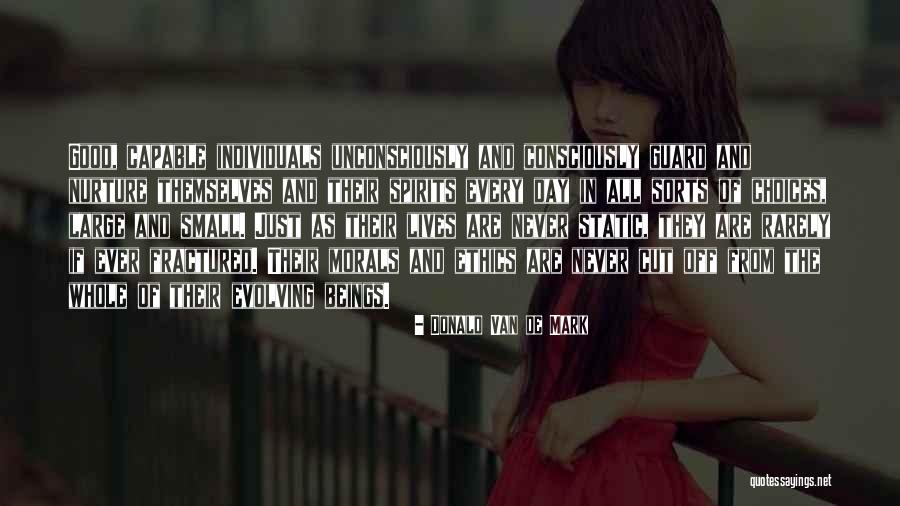
Good, capable individuals unconsciously and consciously guard and nurture themselves and their spirits every day in all sorts of choices, large and small. Just as their lives are never static, they are rarely if ever fractured. Their morals and ethics are never cut off from the whole of their evolving beings. — Donald Van De Mark
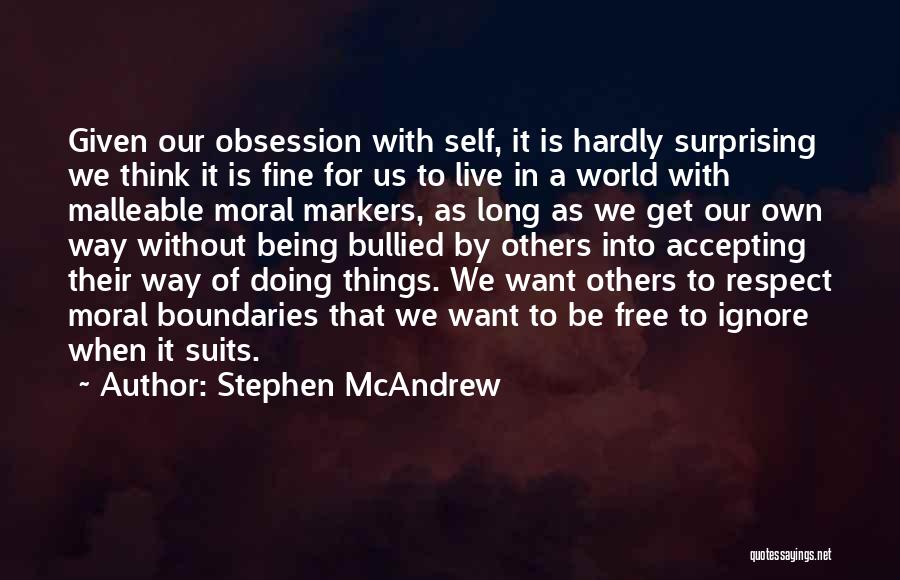
Given our obsession with self, it is hardly surprising we think it is fine for us to live in a world with malleable moral markers, as long as we get our own way without being bullied by others into accepting their way of doing things. We want others to respect moral boundaries that we want to be free to ignore when it suits. — Stephen McAndrew
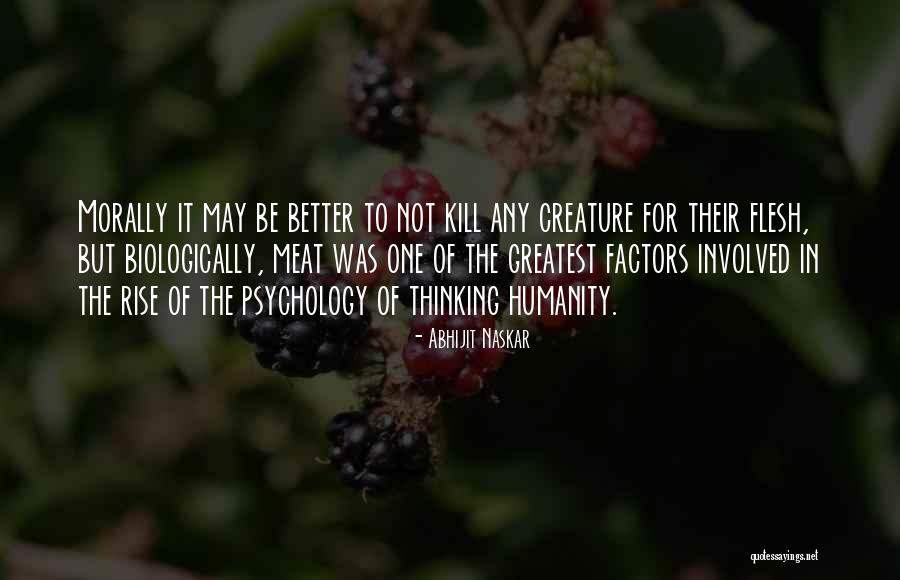
Morally it may be better to not kill any creature for their flesh, but biologically, meat was one of the greatest factors involved in the rise of the psychology of thinking humanity. — Abhijit Naskar
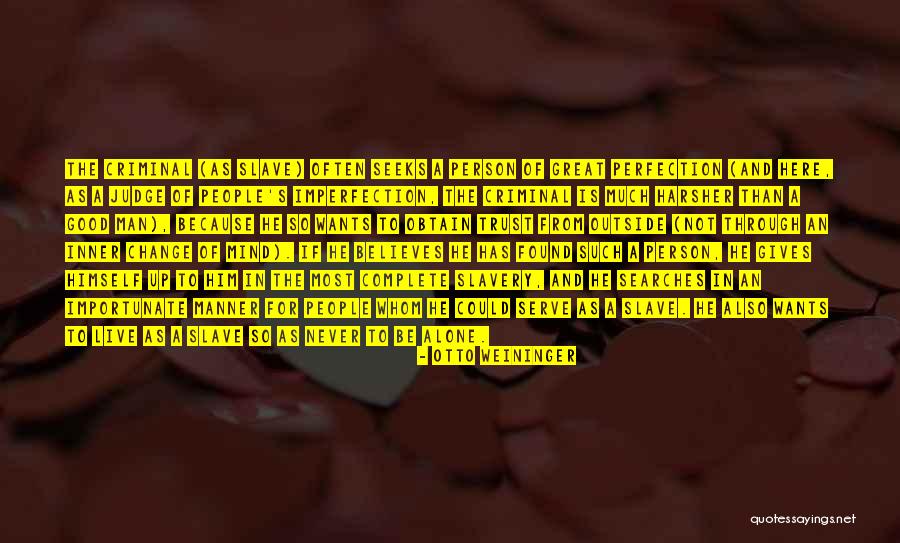
The criminal (as slave) often seeks a person of great perfection (and here, as a judge of people's imperfection, the criminal is much harsher than a good man), because he so wants to obtain trust from outside (not through an inner change of mind). If he believes he has found such a person, he gives himself up to him in the most complete slavery, and he searches in an importunate manner for people whom he could serve as a slave. He also wants to live as a slave so as never to be alone. — Otto Weininger
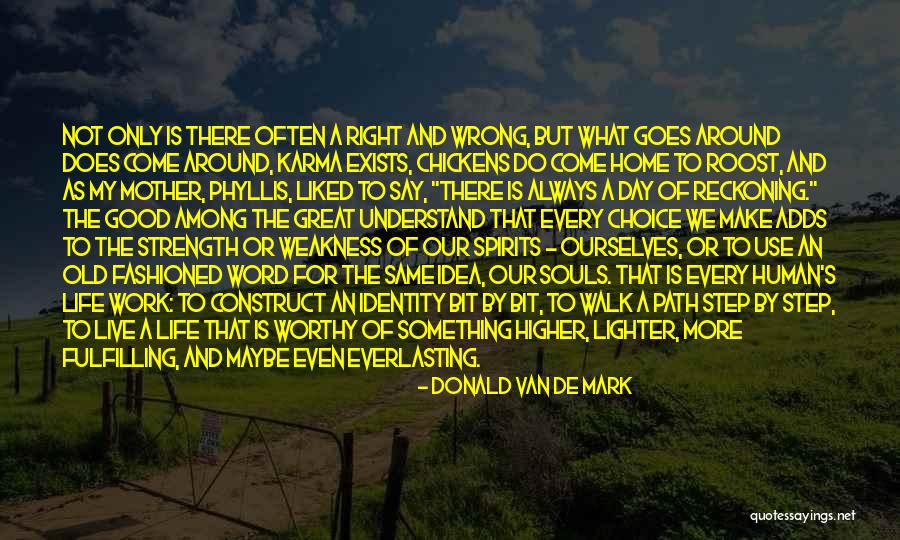
Not only is there often a right and wrong, but what goes around does come around, Karma exists, chickens do come home to roost, and as my mother, Phyllis, liked to say, "There is always a day of reckoning." The good among the great understand that every choice we make adds to the strength or weakness of our spirits - ourselves, or to use an old fashioned word for the same idea, our souls. That is every human's life work: to construct an identity bit by bit, to walk a path step by step, to live a life that is worthy of something higher, lighter, more fulfilling, and maybe even everlasting. — Donald Van De Mark
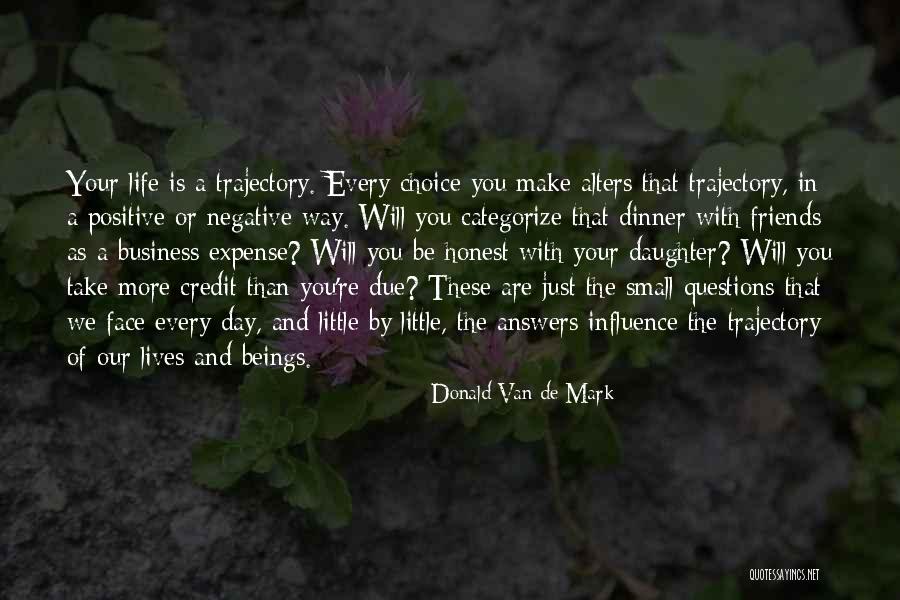
Your life is a trajectory. Every choice you make alters that trajectory, in a positive or negative way. Will you categorize that dinner with friends as a business expense? Will you be honest with your daughter? Will you take more credit than you're due? These are just the small questions that we face every day, and little by little, the answers influence the trajectory of our lives and beings. — Donald Van De Mark
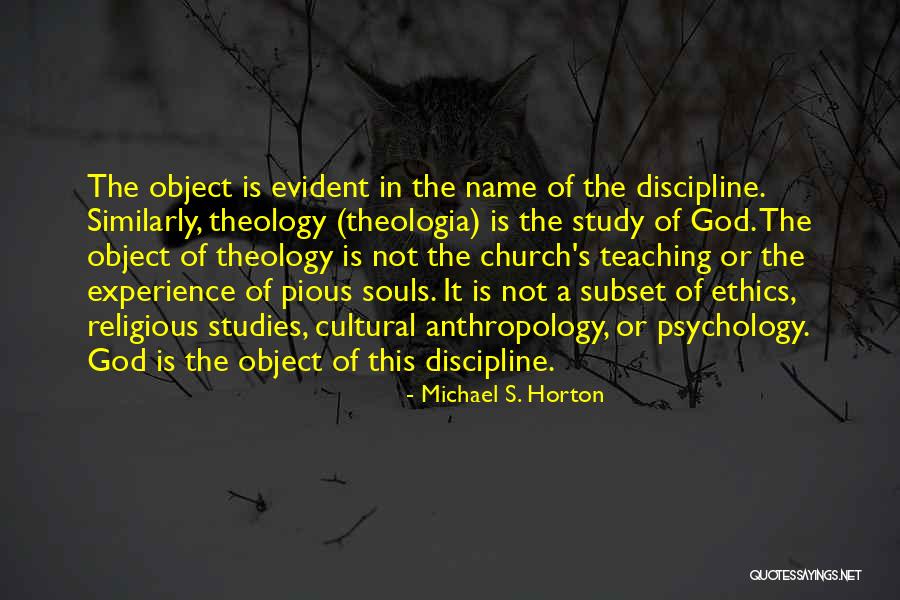
The object is evident in the name of the discipline. Similarly, theology (theologia) is the study of God. The object of theology is not the church's teaching or the experience of pious souls. It is not a subset of ethics, religious studies, cultural anthropology, or psychology. God is the object of this discipline. — Michael S. Horton
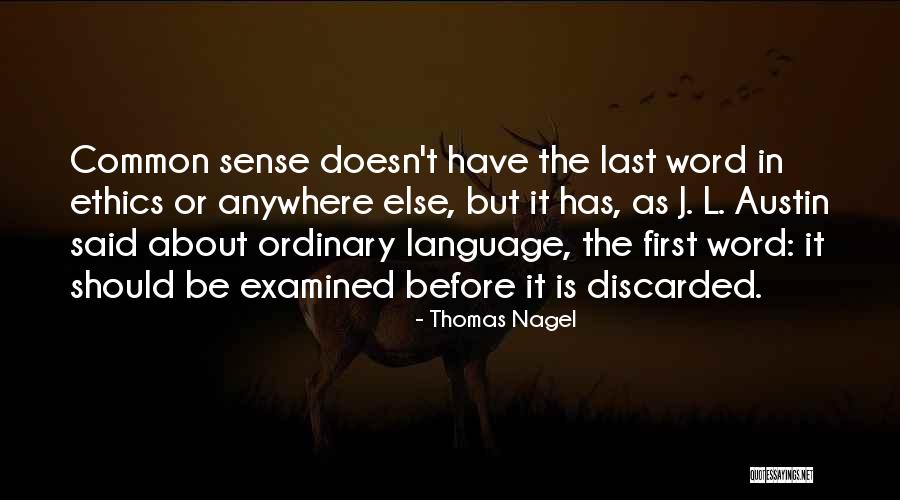
Common sense doesn't have the last word in ethics or anywhere else, but it has, as J. L. Austin said about ordinary language, the first word: it should be examined before it is discarded. — Thomas Nagel
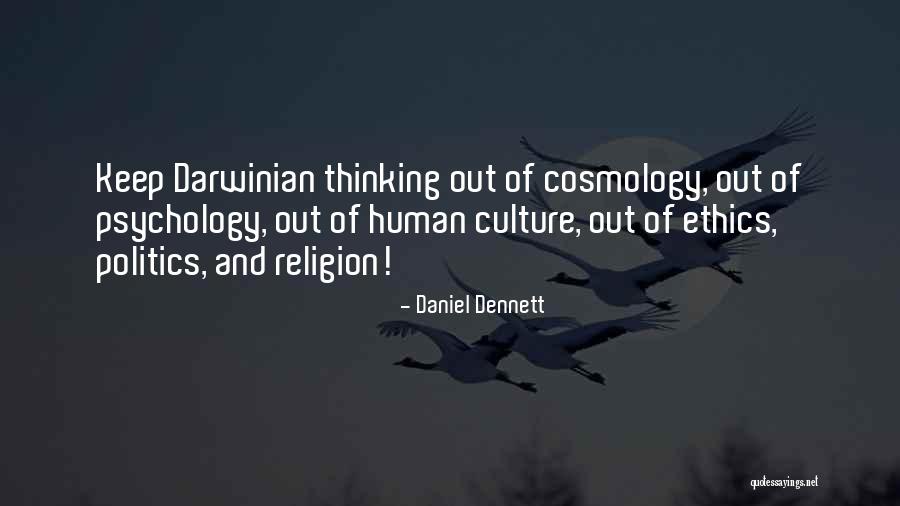
Keep Darwinian thinking out of cosmology, out of psychology, out of human culture, out of ethics, politics, and religion! — Daniel Dennett
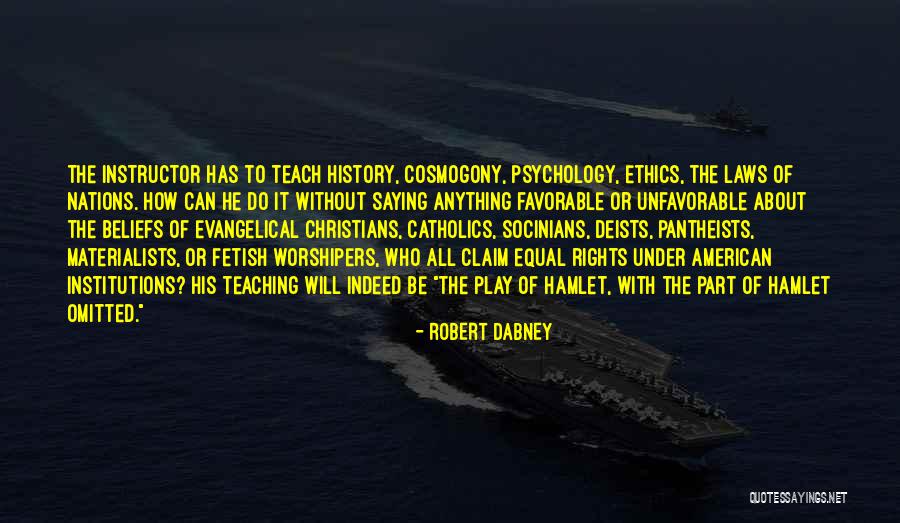
The instructor has to teach history, cosmogony, psychology, ethics, the laws of nations. How can he do it without saying anything favorable or unfavorable about the beliefs of evangelical Christians, Catholics, Socinians, Deists, pantheists, materialists, or fetish worshipers, who all claim equal rights under American institutions? His teaching will indeed be "the play of Hamlet, with the part of Hamlet omitted." — Robert Dabney
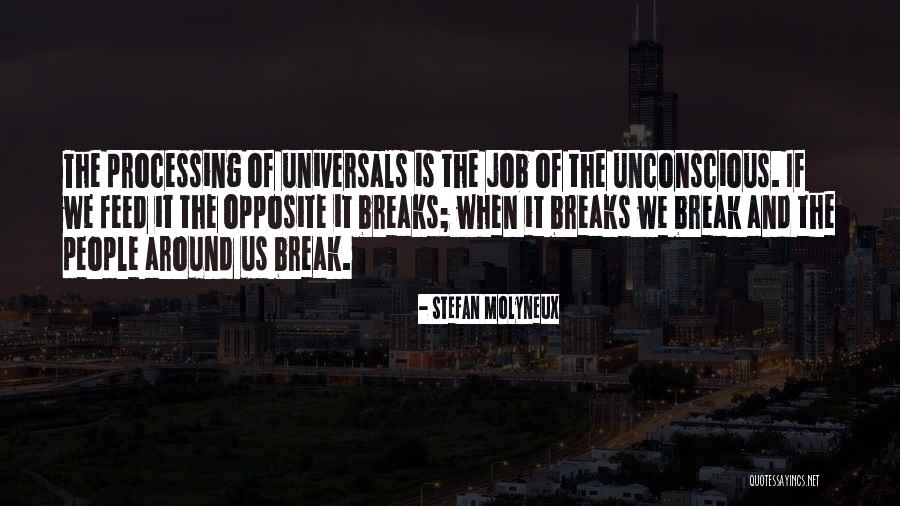
The processing of universals is the job of the unconscious. If we feed it the opposite it breaks; when it breaks we break and the people around us break. — Stefan Molyneux
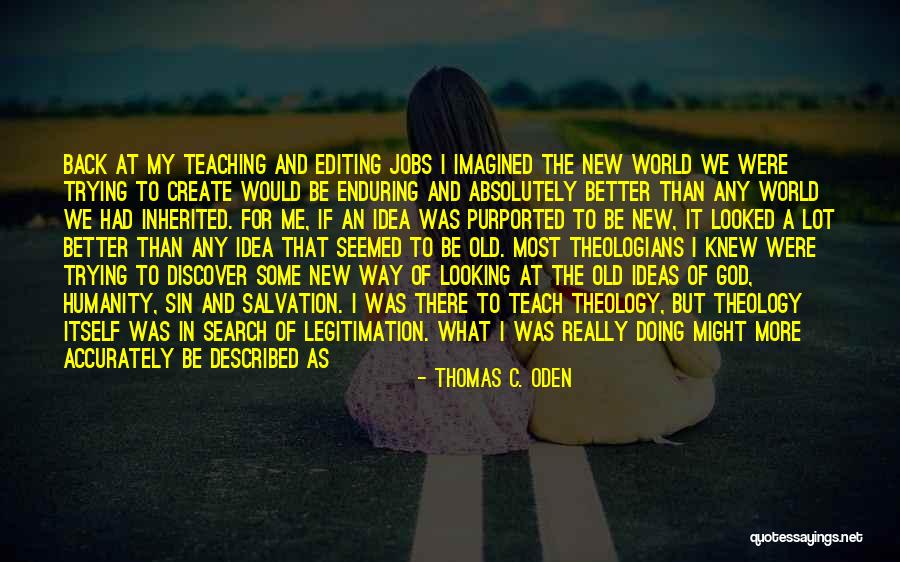
Back at my teaching and editing jobs I imagined the new world we were trying to create would be enduring and absolutely better than any world we had inherited. For me, if an idea was purported to be new, it looked a lot better than any idea that seemed to be old. Most theologians I knew were trying to discover some new way of looking at the old ideas of God, humanity, sin and salvation. I was there to teach theology, but theology itself was in search of legitimation. What I was really doing might more accurately be described as promoting Rogerian psychology, wealth-distribution, demytholgy and existentialist ethics than studying God. Theology was desperately in search of a method, whether it was borrowed form cutting-edge philosophy, social theory or political life, as long as it didn't begin with revelation. — Thomas C. Oden
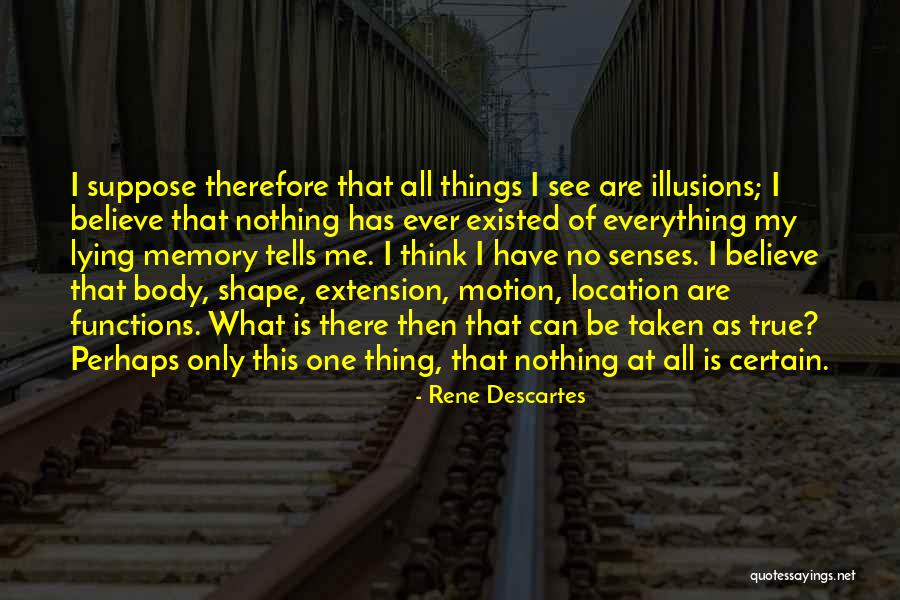
I suppose therefore that all things I see are illusions; I believe that nothing has ever existed of everything my lying memory tells me. I think I have no senses. I believe that body, shape, extension, motion, location are functions. What is there then that can be taken as true? Perhaps only this one thing, that nothing at all is certain. — Rene Descartes
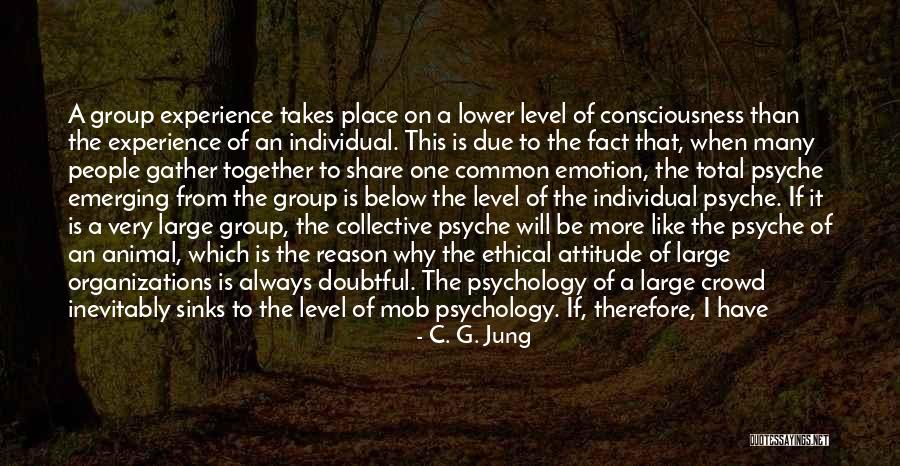
A group experience takes place on a lower level of consciousness than the experience of an individual. This is due to the fact that, when many people gather together to share one common emotion, the total psyche emerging from the group is below the level of the individual psyche. If it is a very large group, the collective psyche will be more like the psyche of an animal, which is the reason why the ethical attitude of large organizations is always doubtful. The psychology of a large crowd inevitably sinks to the level of mob psychology. If, therefore, I have a so-called collective experience as a member of a group, it takes place on a lower level of consciousness than if I had the experience by myself alone. — C. G. Jung
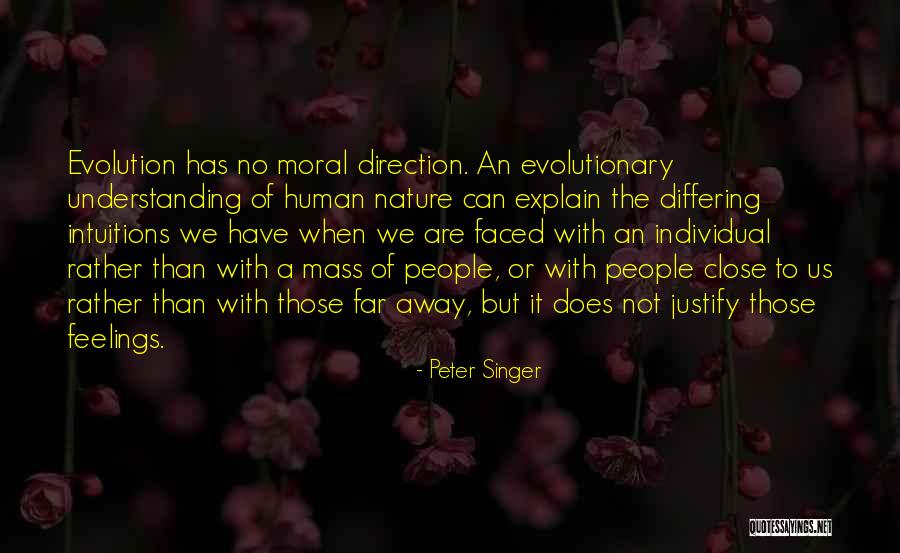
Evolution has no moral direction. An evolutionary understanding of human nature can explain the differing intuitions we have when we are faced with an individual rather than with a mass of people, or with people close to us rather than with those far away, but it does not justify those feelings. — Peter Singer
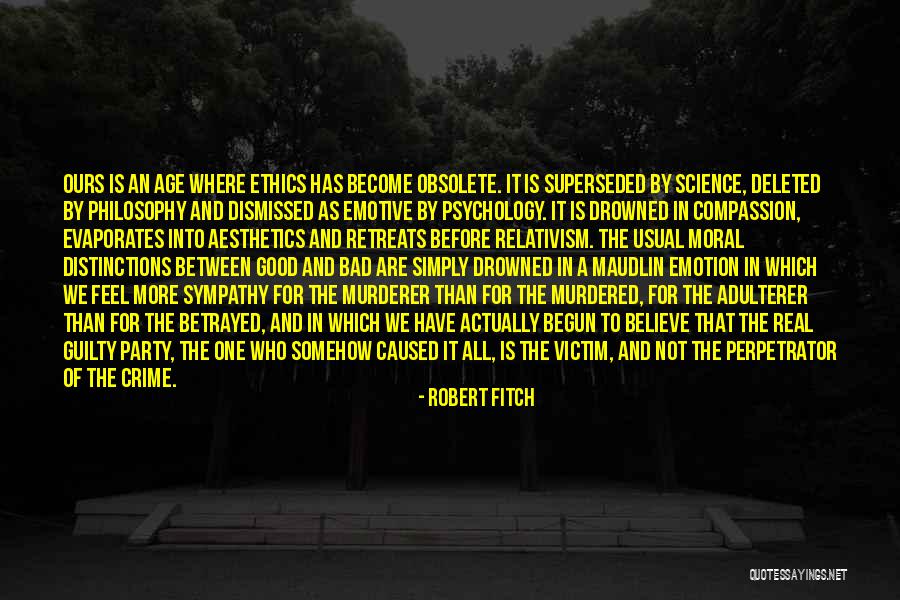
Ours is an age where ethics has become obsolete. It is superseded by science, deleted by philosophy and dismissed as emotive by psychology. It is drowned in compassion, evaporates into aesthetics and retreats before relativism. The usual moral distinctions between good and bad are simply drowned in a maudlin emotion in which we feel more sympathy for the murderer than for the murdered, for the adulterer than for the betrayed, and in which we have actually begun to believe that the real guilty party, the one who somehow caused it all, is the victim, and not the perpetrator of the crime. — Robert Fitch
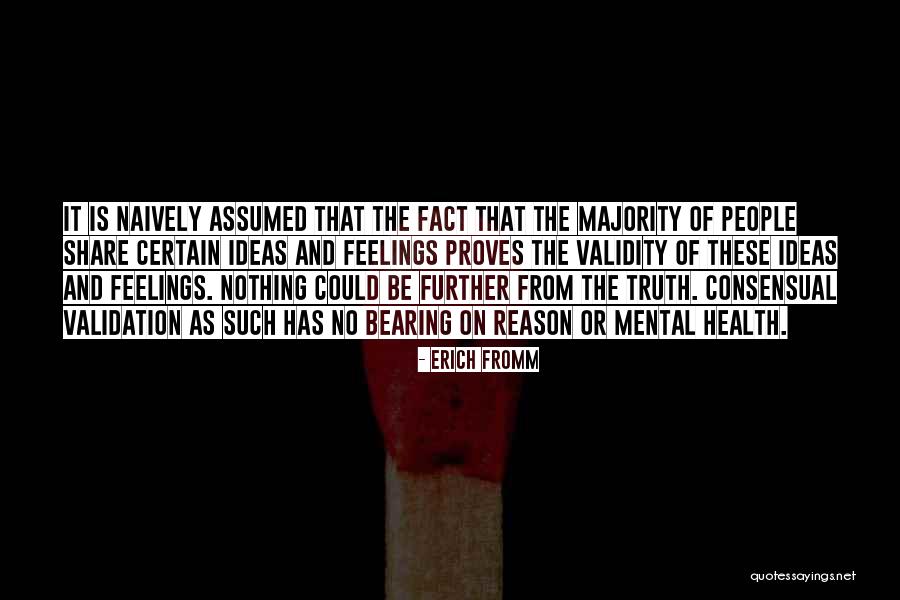
It is naively assumed that the fact that the majority of people share certain ideas and feelings proves the validity of these ideas and feelings. Nothing could be further from the truth. Consensual validation as such has no bearing on reason or mental health. — Erich Fromm
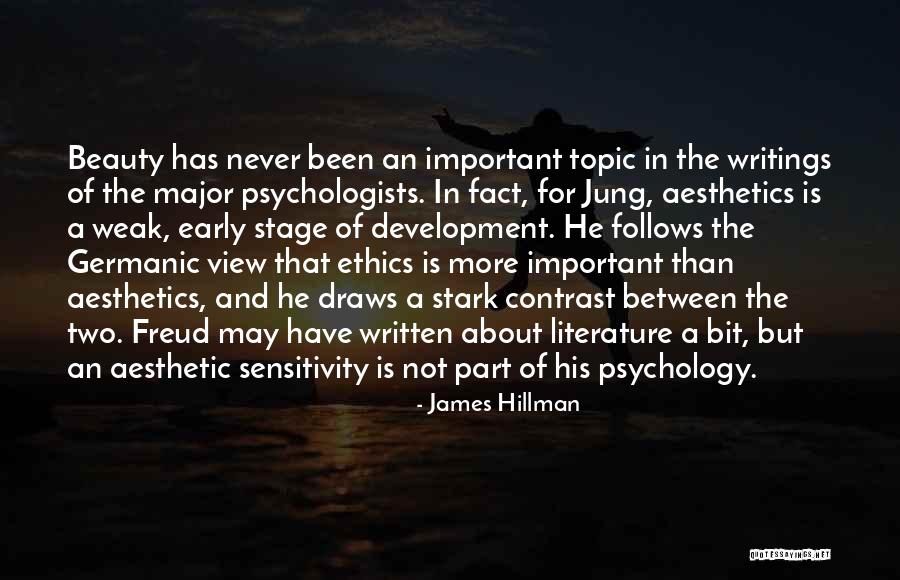
Beauty has never been an important topic in the writings of the major psychologists. In fact, for Jung, aesthetics is a weak, early stage of development. He follows the Germanic view that ethics is more important than aesthetics, and he draws a stark contrast between the two. Freud may have written about literature a bit, but an aesthetic sensitivity is not part of his psychology. — James Hillman
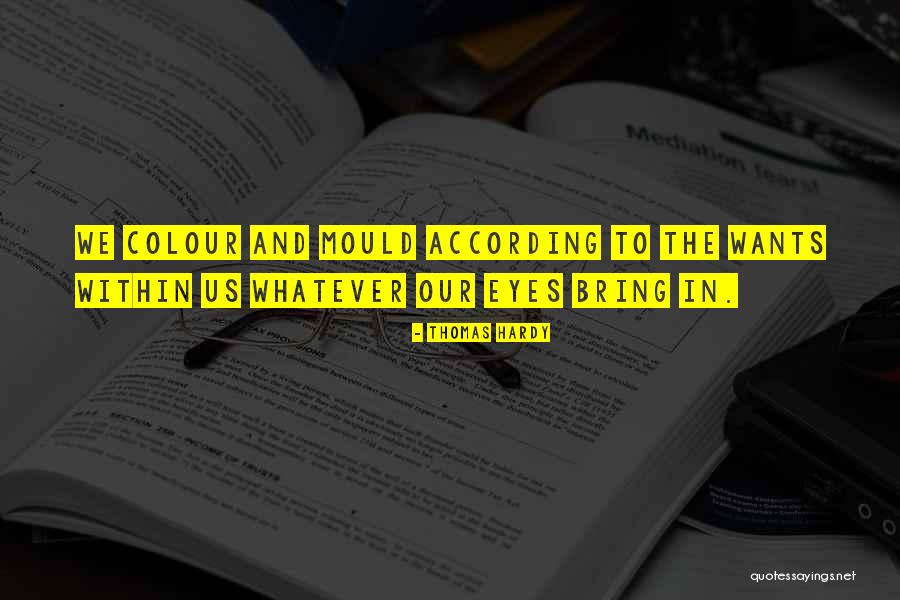
We colour and mould according to the wants within us whatever our eyes bring in. — Thomas Hardy

Saying of the Prophet
The Tongue
A man slips with his tongue more than with his feet. — Idries Shah
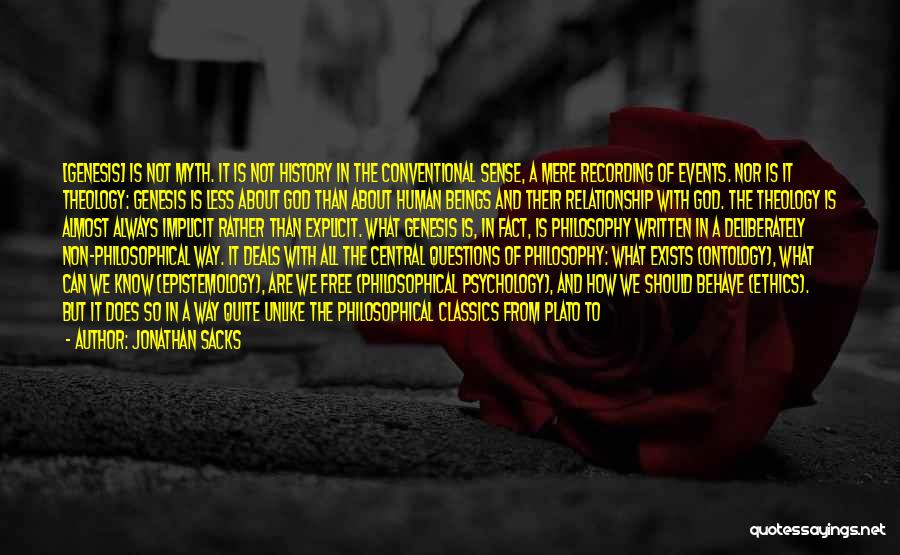
[Genesis] is not myth. It is not history in the conventional sense, a mere recording of events. Nor is it theology: Genesis is less about God than about human beings and their relationship with God. The theology is almost always implicit rather than explicit. What Genesis is, in fact, is philosophy written in a deliberately non-philosophical way. It deals with all the central questions of philosophy: what exists (ontology), what can we know (epistemology), are we free (philosophical psychology), and how we should behave (ethics). But it does so in a way quite unlike the philosophical classics from Plato to Wittgenstein. To put it at its simplest: philosophy is truth as system. Genesis is truth as story. It is a unique work, philosophy in the narrative mode. — Jonathan Sacks
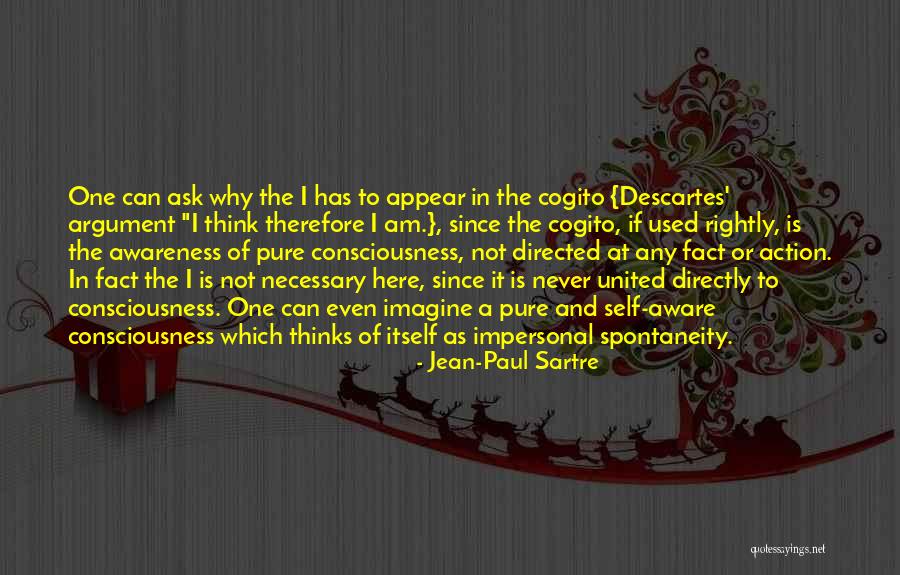
One can ask why the I has to appear in the cogito {Descartes' argument "I think therefore I am.}, since the cogito, if used rightly, is the awareness of pure consciousness, not directed at any fact or action. In fact the I is not necessary here, since it is never united directly to consciousness. One can even imagine a pure and self-aware consciousness which thinks of itself as impersonal spontaneity. — Jean-Paul Sartre
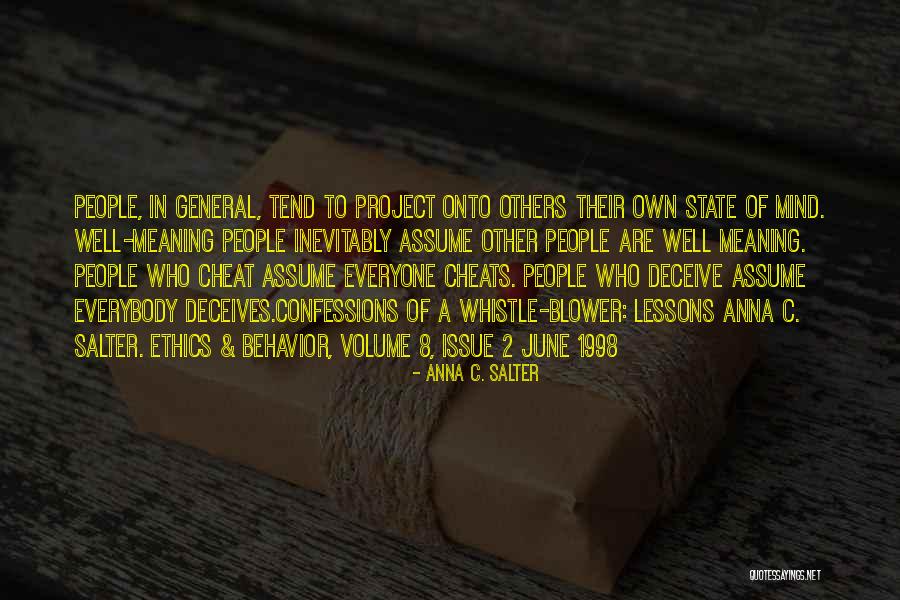
People, in general, tend to project onto others their own state of mind. Well-meaning people inevitably assume other people are well meaning. People who cheat assume everyone cheats. People who deceive assume everybody deceives.
Confessions of a Whistle-Blower: Lessons Anna C. Salter. Ethics & Behavior, Volume 8, Issue 2 June 1998 — Anna C. Salter
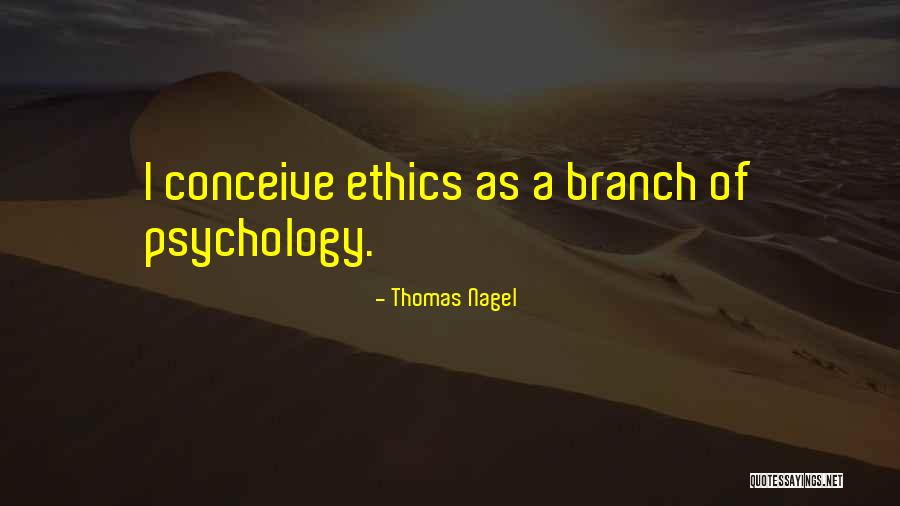
I conceive ethics as a branch of psychology. — Thomas Nagel






